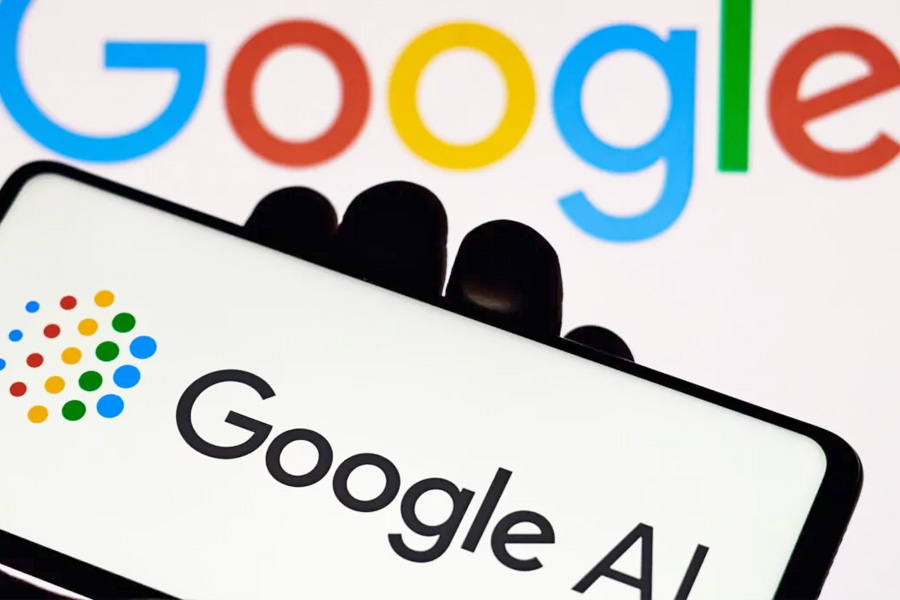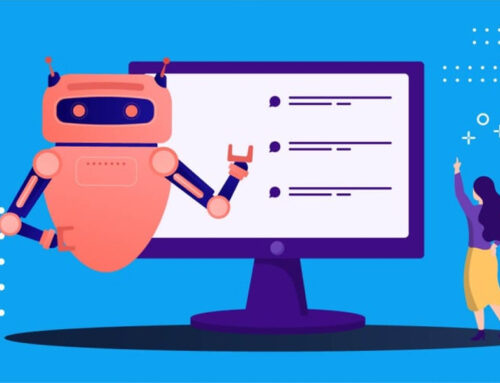Google Marketing Live 2025 made one thing crystal clear: the tools are getting smarter, but the strategy is getting harder. With major updates announced and coming to AI Mode, YouTube & Google Ads, and Google Analytics, paid search is entering a new era where performance hinges on how well you understand and leverage these tools, not just whether you have access to them.
Whether you are a business owner or a marketing manager, deep-rooted expertise from a PPC advertising partner is what you are going to need to get the most out of these new tools and navigate this new search landscape. This isn’t just a shameless plug to sell ourselves as a results-driven PPC agency. We’re here to tell you why you should still rely on an experienced PPC agency to navigate these changes, and how agencies are best equipped to turn Google’s innovation into real business growth.
1. AI Mode & AI Overviews = A New Learning Curve
Ever since Google rolled out Gemini and AI Overviews, we’ve been waiting for the day when they would start baking in ads into these search experiences. That day has finally come as Google has officially announced they are more frequently rolling out and testing ads in AI Mode and AI Overviews. But how these ads are ranked depends on factors like landing page quality, content relevance, and account health are all still a mystery to most.
How are we approaching this new learning curve? We’re already testing what actually influences visibility here and can pivot quickly to adapt strategies. The importance of content (landing pages and ad copy) quality, audience relevance, and leaning into Google’s technology is what we have been doing for years, and we won’t stop now. Businesses trying to DIY this risk wasting budget while playing catch-up.
2. Next-Gen Intent Signals Change the Keyword Game
Google is moving from matching search queries to predicting intent based on behavior, signals, and language models. Keywords are becoming “rigid” and inflexible, and continuing to rely on finite keyword strategies may cause businesses to miss out on expanding queries and customer intents they never thought of before.
How are we approaching keyword intent? This requires a deep understanding of audience behavior, not just keyword match types. While we are keen on understanding the keywords and the intent behind the keywords we are targeting for our clients, the move from “rigid” keyword match types and intents to broader, more exploratory keywords is challenging us to test short tail and long tail broad keyword campaign strategies while also striking balance on keyword quality.
3. AI-Driven Campaign Solutions & “The Power Pack”
There was a new emphasis around “The Power Pack,” which is the suite of AI-driven campaign technologies through AI Max for Search, Demand Gen campaigns, and Performance Max campaigns. While some of these are not completely new solutions, what is going to be interesting is how ppc advertisers start experimenting with different combinations of these solutions, campaign types, etc. and layering multiple settings on top of each other to find what is going to drive optimal results. Combinations of these settings and layered solutions is going to look very different across verticals, brands, and account structures.
How are we approaching this next generation? When we start to get our hands on these tools, we are going to be developing our own hypotheses for our individual clients and experimenting with different layers, combinations, etc. and making note of what does and doesn’t work in order to scale our clients effectively.
4. Generative AI Creative, Asset Studio, & Creator Hub
Google’s Generative AI creative capabilities have been introduced over the past year, and from our perspective we’ve seen mixed results in the quality of generated assets. However, the new features and expanded capabilities like image expansion and image-to-video are things we are really looking forward to leveraging alongside our award-winning performance creative capabilities to help us scale creative faster. Also, the addition of the Creator hub is an exciting new opportunity for brands to partner with content creators that align with their target audience and get their voice out to loyal and engaged audiences.
How are we approaching these creative tools? We feel strongly that a human touch is always needed for creativity, so it won’t fully replace a hands-one expert designer. However, when we have solid content to give to Google to help us test new creative ideas faster, we’ll be at the forefront of using these features.
5. Measurement Tools & Budget Management are More Complex
From incrementality testing with lower thresholds to new MMM capabilities and cross-channel budgeting, Google is giving advertisers more data, but not necessarily more clarity. Most clients, especially small businesses, may not have any existing data infrastructure that would be equipped to leverage these measurement tools. This may be more reserved for larger accounts that leverage their own data models, and have the expertise to integrate with these tools at scale.
How are we approaching data measurement? The multi-channel touchpoints that exist within Google’s ecosystem, and also across other platforms like Meta and TikTok, are areas we thrive at being able to integrate and understand at a macro and micro level. When we get our hands on tools like this, we get a clearer pane of glass to look inside just how big of an impact we can have on our clients’ campaigns and brand interactions.
6. Agentic Google Products: Easier Execution, But Harder Decisions
The newly announced Google Ads and Analytics and Marketing Advisor agent experiences can help build campaigns, analyze your data, and troubleshoot and inform your decision making faster than you can say, “ai agent.” But what we are cautiously optimistic about is 1) how well do these agents work at analyzing and brainstorming when you have sub-par data? and 2) How sophisticated are the recommendations and insights from these agents going to be? We won’t know until we get our hands on them.
How are we approaching agentic AI tools? We recognize “ai agents” isn’t just another buzzword. It’s yet another evolving AI functionality that we fully plan on leveraging to deliver quicker insights to our clients, provide more meaningful ways of thinking about our clients’ data, and plainly just get stuff done faster.
Final Takeaway:
Google is giving advertisers unprecedented power (well, sorta). But with that comes complexity. Our goal at our PPC agency, Black Propeller, is to lean in hard to these new tools from Google and pair them alongside our platform and marketing expertise to deliver even smarter work for our partners. From Google Marketing Live 2025 and beyond, that’s the difference between seeing results and spinning your wheels. Just like driving an F1 car, the driver behind the wheel of these tools needs to be just as sharp and versatile as the tools themselves.




